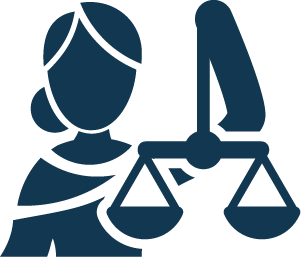Although the European Convention on Human Rights does not contain an explicit right to a clean and quiet environment, the Court has developed its case-law and established that where an individual is directly and seriously affected by noise or other pollution, an issue may arise under the Convention. The Court has underlined that serious damage to the environment can affect the well-being of individuals. Also, States are not only obliged to refrain from arbitrary interference but also have the positive obligation to adopt reasonable and adequate measures to protect the rights of the individual.
Environmental issues have been examined by the Court in a large number of cases concerning various human rights. The factsheet focuses on the following major issues: ending and preventing environmental pollution and disasters; environmental risks, access to information and compensation; protection from noise and air pollution; access to courts; freedom of expression and property rights. It sets out several examples of measures adopted and reported by States, in the context of the execution of the European Court's judgments, in order to safeguard and protect one’s living environment.
New factsheet on environment
Thematic factsheets
ECtHR conference “Human Rights for the Planet”





